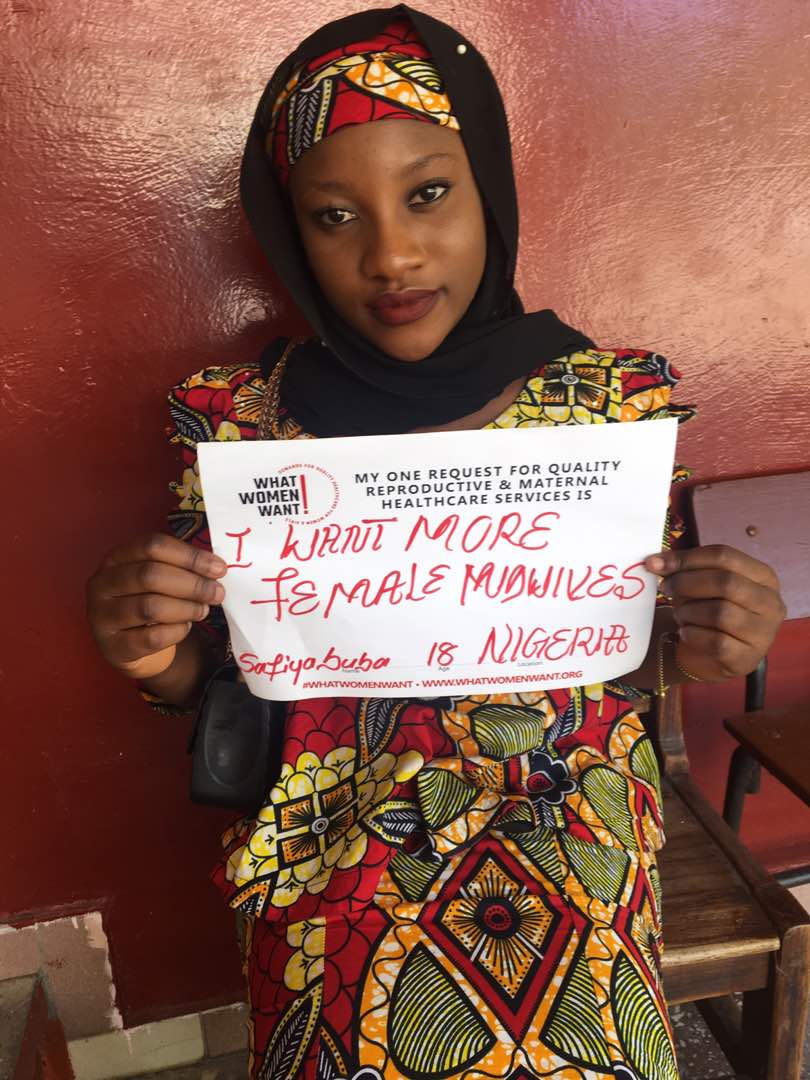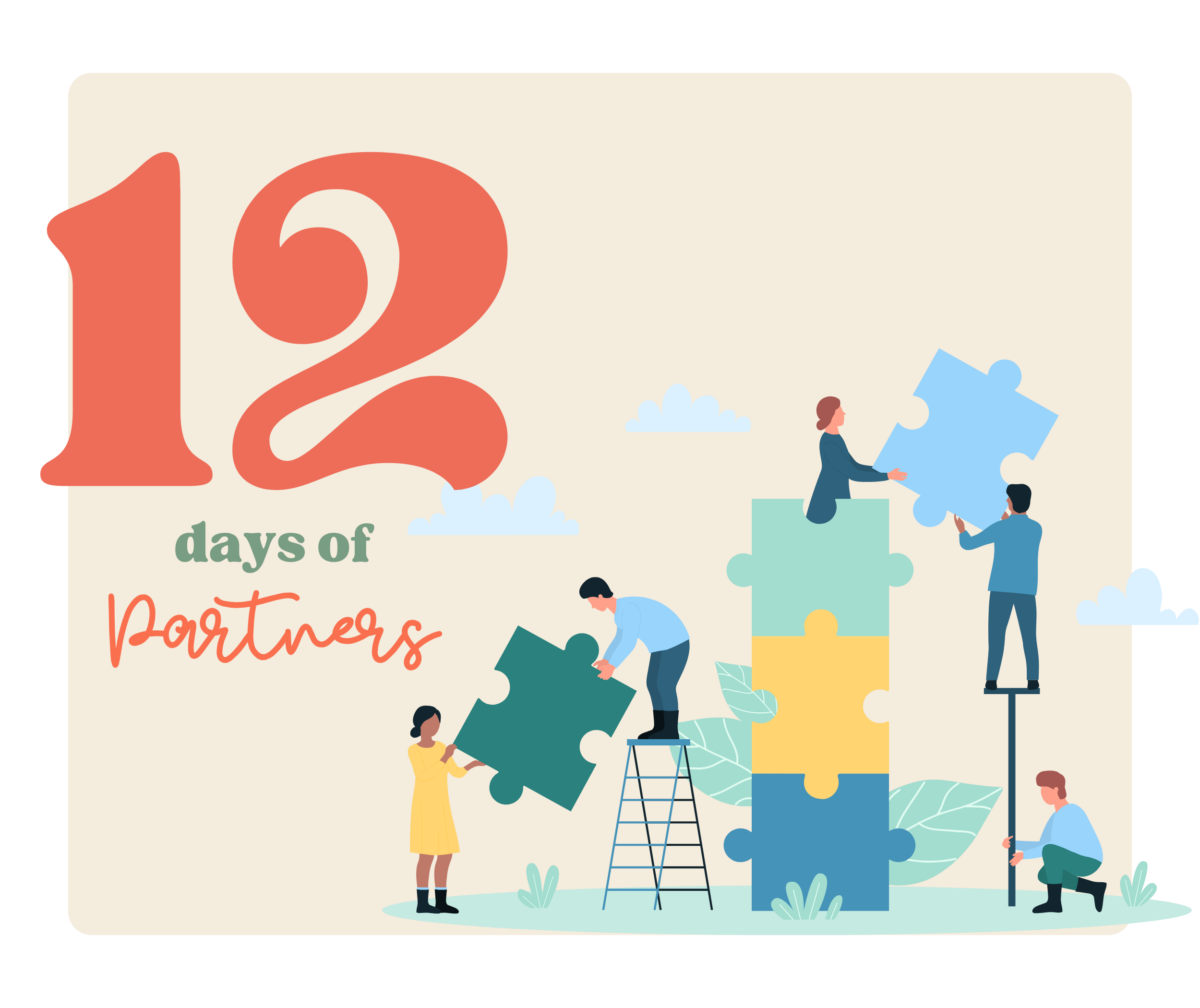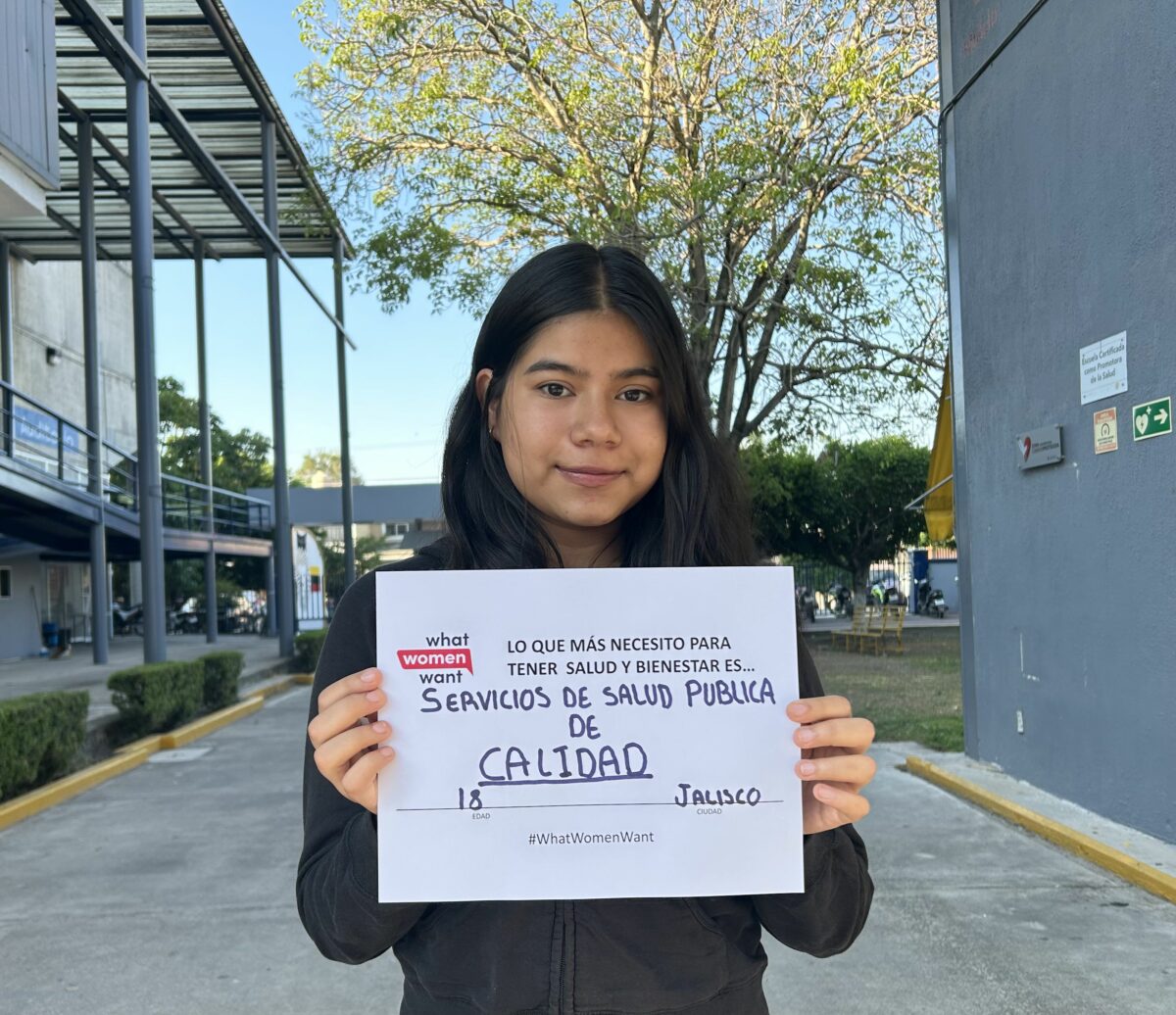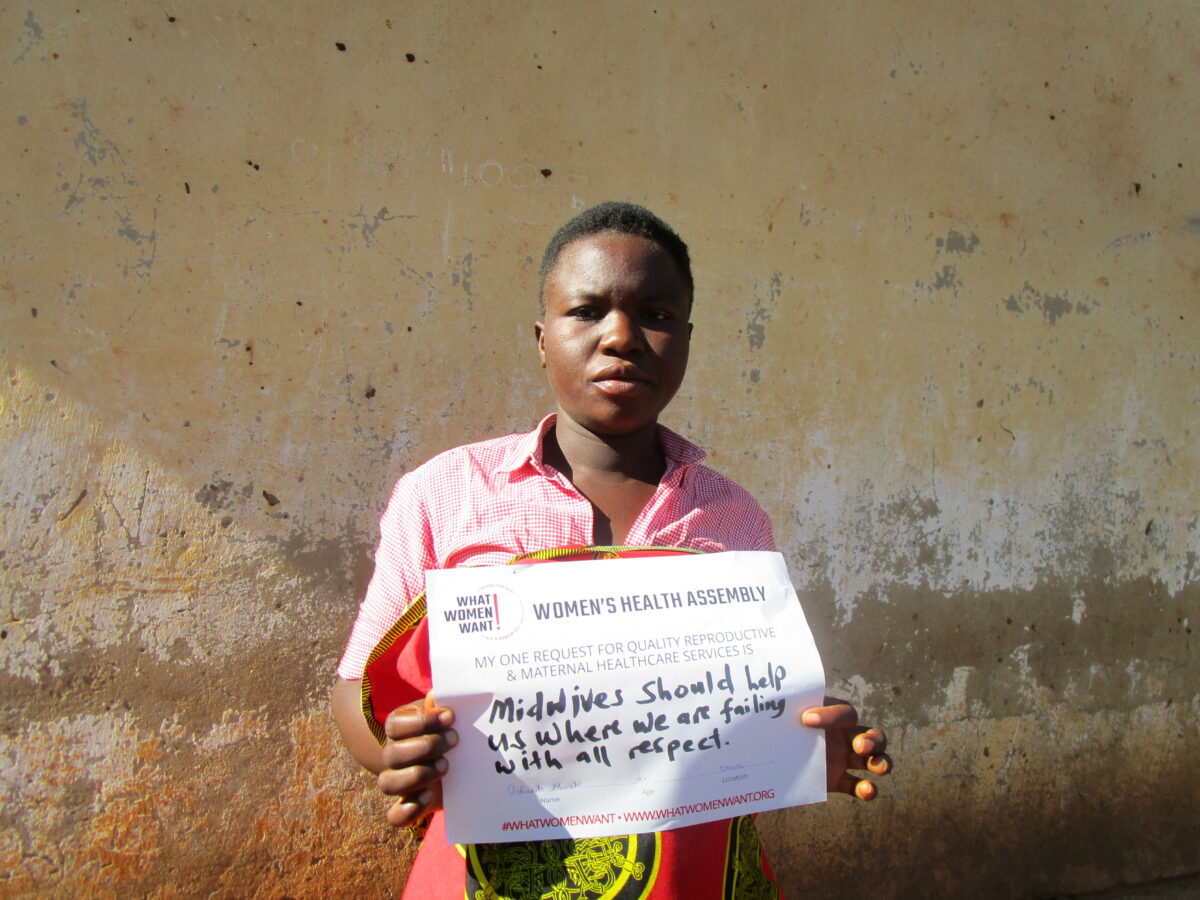In 2020, there were one million women of reproductive age in Niger State, Nigeria – and only 66 state-employed midwives to serve them. Rates of maternal and newborn death are alarmingly high in Nigeria, and the women’s stories are heartbreaking: from being forced to deliver while scared and alone, to losing a baby because no midwife was on night shift at the nearest health center.
On the International Day of the Midwife in May 2021, advocates organized women to bravely share these stories publicly. Niger State government officials were deeply moved by women’s testimonials about the devastating impacts of the midwifery shortage.
I can only imagine the pain women and girls face as a result of lack of midwives and what midwives go through because of the burden of work. We knew the situation is bad, but we did not realize it is this bad.
Muhammad Idris, Hon. Commissioner of Information
Niger State government
I was in labor, so I went to a nearby primary health care center. When I got there, two women were also in labor. Later, another pregnant woman was brought in screaming in pain. But there was only one nurse midwife present. She would check on me then check on the other women. The work was too much for her. We were all in pain, crying out for her attention at the same time.
Nafisat, 23-year-old mother of one
Chanchaga Local Government Area, Niger State
Immediately following the event, the Niger State Ministry of Health announced the recruitment of 100 midwives. And one year later, the Ministry has newly recruited 100 midwives and further expanded its health workforce by hiring 100 nurses and 100 community health extension workers—putting essential reproductive, maternal, and newborn health services within closer reach. Though there is much more work to be done in Niger State, today more women will have access to midwives in their time of need—because they spoke up about their needs and personal experiences.
The What Women Want campaign has changed many things in my life. It gave me a voice. I have a voice to talk to the government about what we need for my community. For example, before now, in our hospitals, there were no midwives, but now we have them.
Helen, What Women Want participant
Niger State




